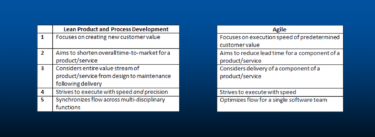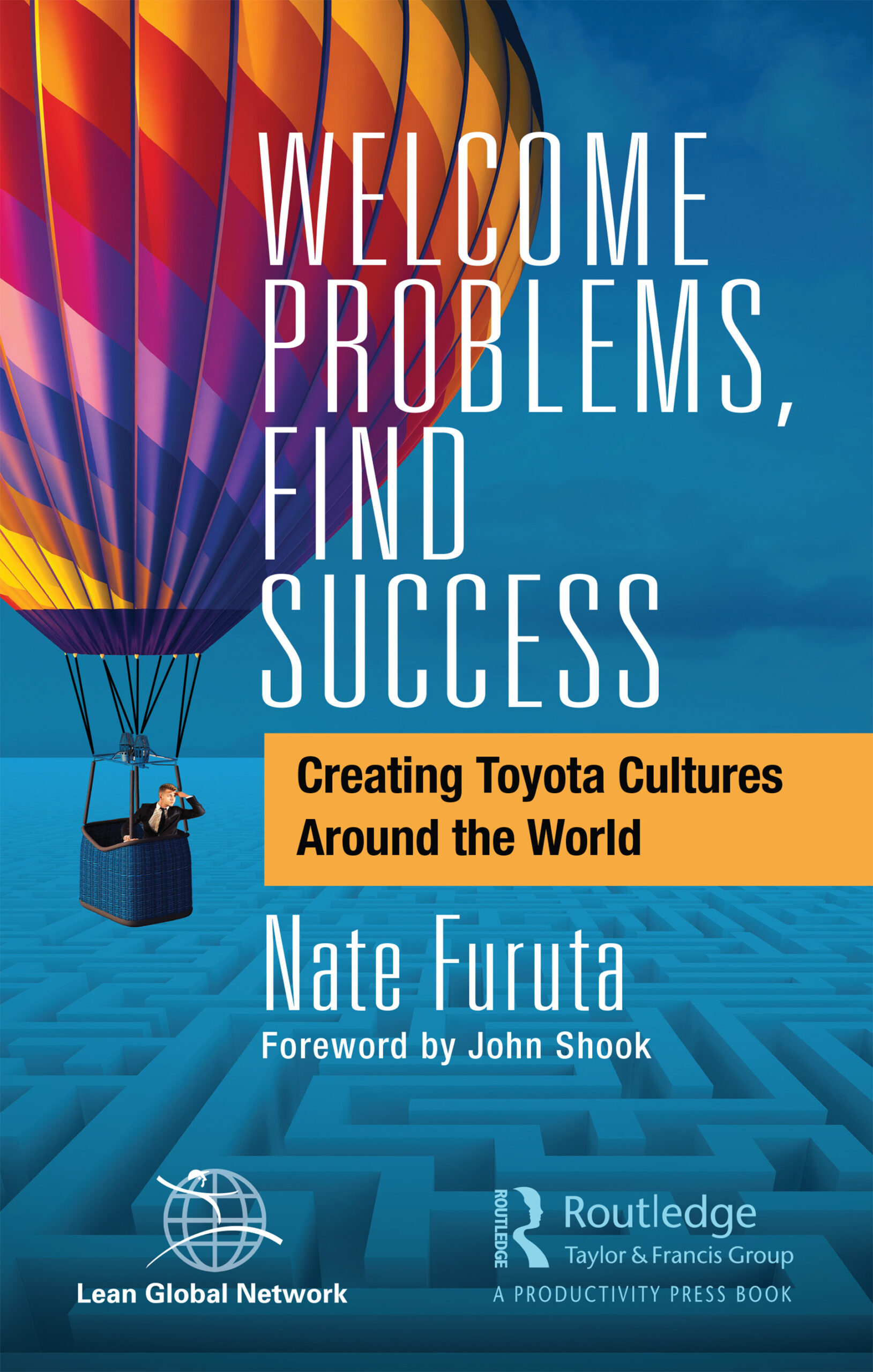What a fantastic book.
Any lean practitioner worth their salt needs to read, meditate, re-read and practice the advice of Designing The Future. I’ve had the privilege of working with Jim on a Sloan Management Review article on “Why Learning Is Central To Innovation,” and I know firsthand how powerful his insights and experience are, teamed up with Jeff’s in-depth knowledge of Toyota and lean – a perfect team.
We hear a lot about transformation these days – but transformation from what to what? For what purpose? Designing The Future defines what a true lean transformation is: regain customer confidence by offering great products by developing great people.
Sadly, this is not what most transformations do. Transformations tend to be programs that say, hey, let’s keep everything we do but do it better (how?) with no mention of customers or partners, both technology innovators and partners.
This overemphasis on making existing processes excellent stems from lean’s own legacy. The lean movement started with studying the Toyota Production System and largely ignored the fact that, as explained in Birth Of Lean, Eiji Toyoda supported at least three other learning systems:
- A strategic learning system based on rigorous product planning summed up as hohin kanri
- A product development system based on the “chief engineer” and various Toyota Product Development System practices
- A management development system that grew out of the TQC approach the company developed when competing for the Deming Prize.
Designing The Future highlights features from the other three learning systems that complement the TPS. It describes both product development principles and Total Quality Management such as obeyas and PDCA thinking. It also explains the spirit of hoshin kanri in showing how customer-defined value is sought after at Toyota.
The book makes clear the central lean concept in product development: distinguishing what is fixed and what is flexible in new product design.
Very topically, comparing Toyota’s and Tesla’s approach to innovation reveals the gap between the traditional western thinking mix of breakthrough tech innovation with replacing people by machines wherever you can with Toyota’s people-centric, incremental discovery approach based on learning and knowing more.
Finally, it expresses very clearly the foundation stone of every transformation I have been lucky to witness: collective leadership. Teamwork, in lean terms, is as far removed from our naïve ideas about brainstorming as can be. It is, in fact, the individual skill to work with other across functional boundaries. The splendid case of Alan Mullaly’s turnaround of Ford explains inspiringly how this can be achieved and how spectacularly it pays.
Forget frameworks, processes, rote step methods. Read this book and think back to the “why” before the “what” and “how” – companies live or die on whether their products and services better help customers to do whatever they want to get done, at a better value-for-money deal. Developing products people love, not just like, requires leveraging the talent, passion and hard work of people – together.
Forget trying to do everything you do better hoping this will somehow pay off. Ask yourself the hard question: if I did half of what I do, concentrated everyone on truly gaining customer trust and rebuild trust with my suppliers, how far would I go?
This is the book you need to read to steer you through it and transform your organization by first transforming how you think about its purpose (fit to customers), it’s people (fit to know-how) and finally its processes (fit it all together).






